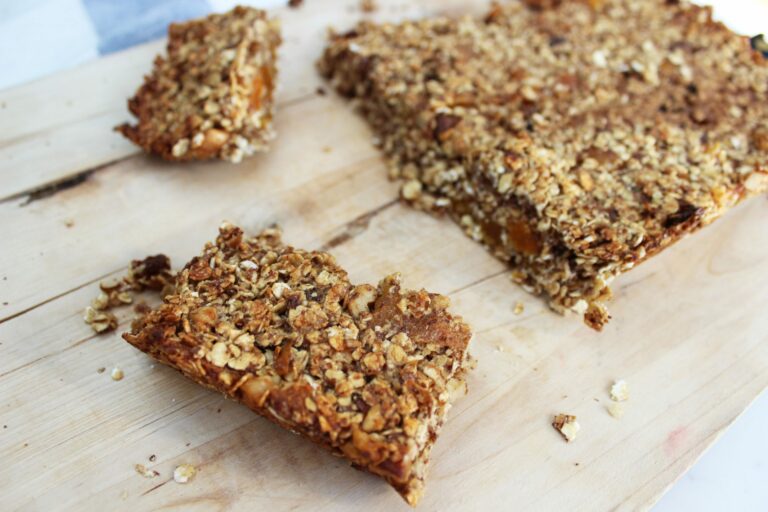
Additional suggestions for winter nutrition include consuming a multivitamin. This is by no means a substitute for consuming fruit and vegetables but merely a back up to help reduce the risk of illness and infection.
Additionally, during the winter months a large proportion of athletes are vitamin D deficient, even those that train outdoors.
Vitamin D has a mass of functions within the body including maintaining bone health which is particularly important for athletes where stress fractures are common and more recently for its role in muscle functioning.
Consuming a vitamin D3 supplement can reduce the risk and potentially prevent vitamin D deficiency.






